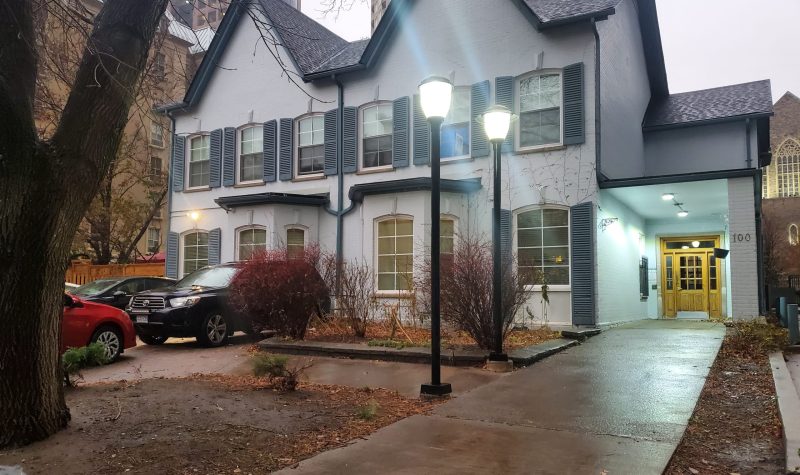The City of Toronto released their new strategy to deal with the increase of mental health and substance abuse issues in the city on Monday.
The strategy is a seven point plan to address the current toxic drug supply crisis and the dropping mental health of Toronto citizens, with a focus on prevention, programming and community support.
“Mental health issues are the leading cause of disabilities in Canada, affecting one in two Canadians by the age of 40. And while the evidence shows it, I know that we all see it and feel it among our communities and in our circles,” says Ausma Malik, deputy mayor of Toronto. “No one is unaffected by the impacts of mental health and substance use. And challenges persist, the ones that we know well, and they include the drug toxicity crisis.”
The seven point plan include:
- Promoting mental health and well being.
- Preventing and reducing harms and deaths related to substance use.
- Expanding access to the full continuum of high-quality, evidence-based and client-centred services to address mental health and/or substance use issues, including harm reduction and treatment supports.
- Advancing community safety and well-being for everyone.
- Improving access to housing and other social determinants of health.
- Supporting mentally healthy workplaces and optimizing the mental health of workers.
- Proactively identifying and responding to emerging mental health and substance use issues.
These points come with the release of data from the City regarding mental health. Surveys done by the City have found that the mental health of Torontonians young and old has seen a drastic drop. In 2021, the City found that 55 per cent of adults in Toronto reported “very good or excellent” mental health; a 16 per cent drop from 2017. Among youth from grades 7-12, only 44 per cent said their mental health was “very good.”
The plan also seeks to address the drug related issues in the city and the toxic drug supply crisis. In 2022, the City found that there were 3,876 deaths related to alcohol, tobacco and toxic drugs, with 506 being from toxic opioid drug supply - a 271 per cent increase from 2015.
“Preventing harms involves investing in children and families and neighbourhoods. Fostering resilience and coping mechanisms. Importantly, promoting mental health in the workplace is a key aspect impacting organizational effectiveness, productivity and overall health,” says Mary Madigan-Lee, chief people officer of Toronto. “This work cannot be done in isolation. It requires the collective commitment of individuals, communities, businesses, agencies and all levels of government to join us in shaping a Toronto where the mental health and well being of all residents are prioritized and substance use related harms are diminished.”
The city has four priorities they plan to have implemented for the first year of the new strategy. They are create more affordable housing, 24-7 spaces “low-barrier crisis stabilization spaces'' for mental health or drug issues, and increased collaboration with first responders for seamless transfer to appropriate services. Lastly, they plan to expand the Community Crisis Service to be the fourth Toronto emergency service.
“In Toronto, individuals in mental health and substance use crises often can't access the supports they need. And they find themselves without support, especially after hours, which really can lead to detrimental outcomes,” says Susan Davis, executive director of Gerstein Crisis Center. “Establishing 24/7 crisis centres would offer community based timely trauma informed harm reduction responses, reducing strain on first responders and emergency departments.”
For more information about the plan and date can be found on the Our City, Our Health webpage.
Listen to the story below:


